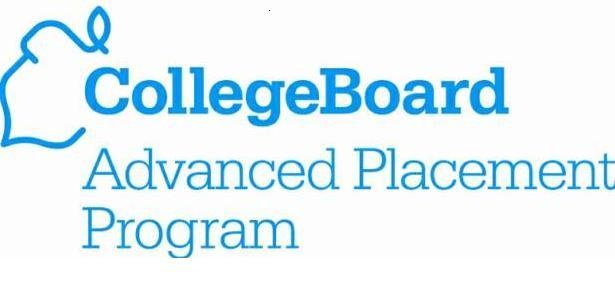AP classes change curricula to improve testing
The Advanced Placement program, run by College Board, will have several major changed for the 2019-2020 school year.
April 30, 2019
Starting next fall, there will be curriculum changes to some AP courses, including AP World History and AP Language and Composition. The changes are designed to make it easier for students to grasp the content and skills needed to take the AP Exam.
Additionally, students will now have to register in the fall for AP exams rather than in the spring.
The time period covered in AP World History will be reduced from 10,000 years to 1,000 years. This new time frame will be called “AP World History: Modern,” which will start in 1200 C.E. A second course, “AP World History: Ancient” will cover history starting in 8000 B.C.E., the same point as the previous course.
AP World History teacher Nathaniel Uttaro believes that the changes are intended to apply a more modern outlook on the curriculum, and to place less of an emphasis on the ancient civilizations. However, he has some concerns with this curriculum change.
“It’s hard to understand World History without the ancient and classical civilizations,” Uttaro said. “These classical civilizations are the foundation for the civilizations today.”
The AP World History course is currently centered around 5 themes. Another change to the AP World History curriculum is that an additional theme about Technology and Innovation will be added to make a total of six themes.
The AP World History Exam will be weighted the same, have the same amount of questions for each section, and the rubrics for the document based question and the long essay question will remain the same.
As for how this will transfer for colleges, the College Board has decided to offer both Modern and Ancient as courses for high schoolers interested in ancient world history. Colleges, however, need to confirm their willingness to award credits for an additional AP World History exam, and therefore the College Board haven’t determined whether or not there will be an AP exam for Ancient. Algonquin will only be offering “AP World History: Modern.”
“Every college does it differently,” Uttaro said. “Many colleges have stopped giving credits for AP. Some require just Modern World while others require a full scope of World. It just depends on where you go, so the transfer of credits doesn’t matter too much in the big picture.”
AP Language and Composition will also change with some content removed to make the course more manageable for students, however, the College Board hasn’t specified what.
The change impacts the AP Exam decreasing the multiple choice from 52-55 questions to 45 questions in the hour allotted. The three-free responses will remain the same format with one synthesis question, one rhetorical analysis question and one argument question, but the exams will be scored using a new analytical rubric.
Though no new material will be added to AP Biology and AP Environmental courses, there will be changes to the AP Exam.
For AP Biology the time for each section will remain the same but the number of questions will go down. The multiple choice section will be reduced from 69 questions to 60 questions, and all six grid-in questions will be removed. The free-response will be cut from eight questions to six.
AP Environmental will also retain the same time for the multiple choice questions but be reduced from 100 multiple choice questions to 80. Long response questions will be reduced form four questions to three, but the time will go from one hour and 30 minutes to one hour and 10 minutes.










